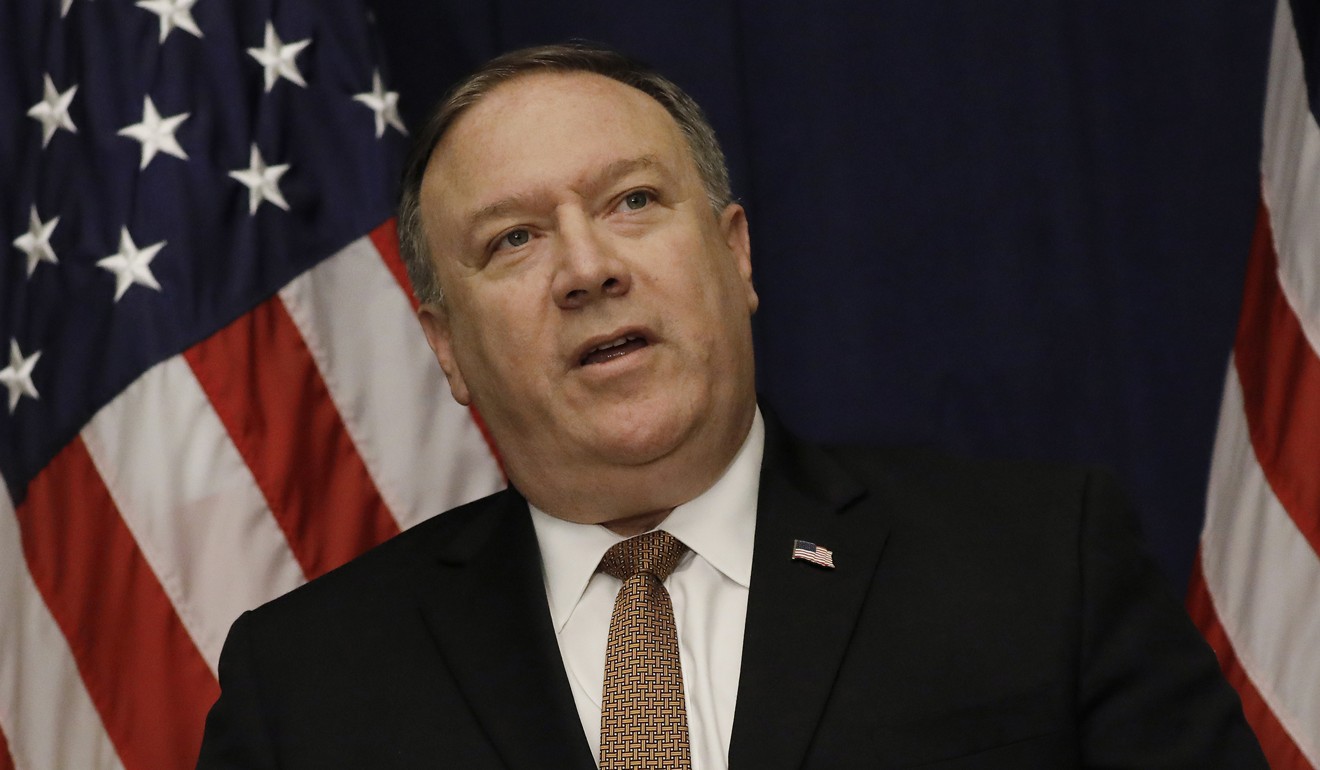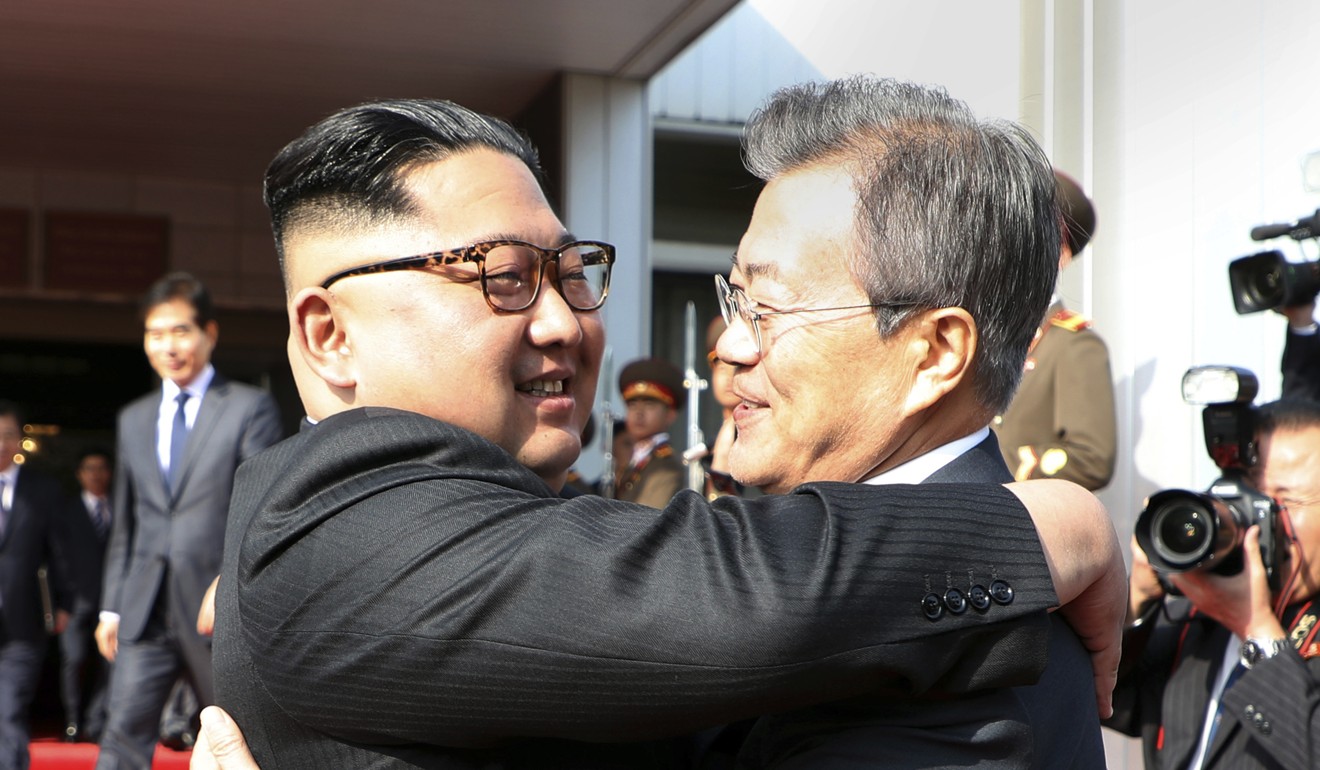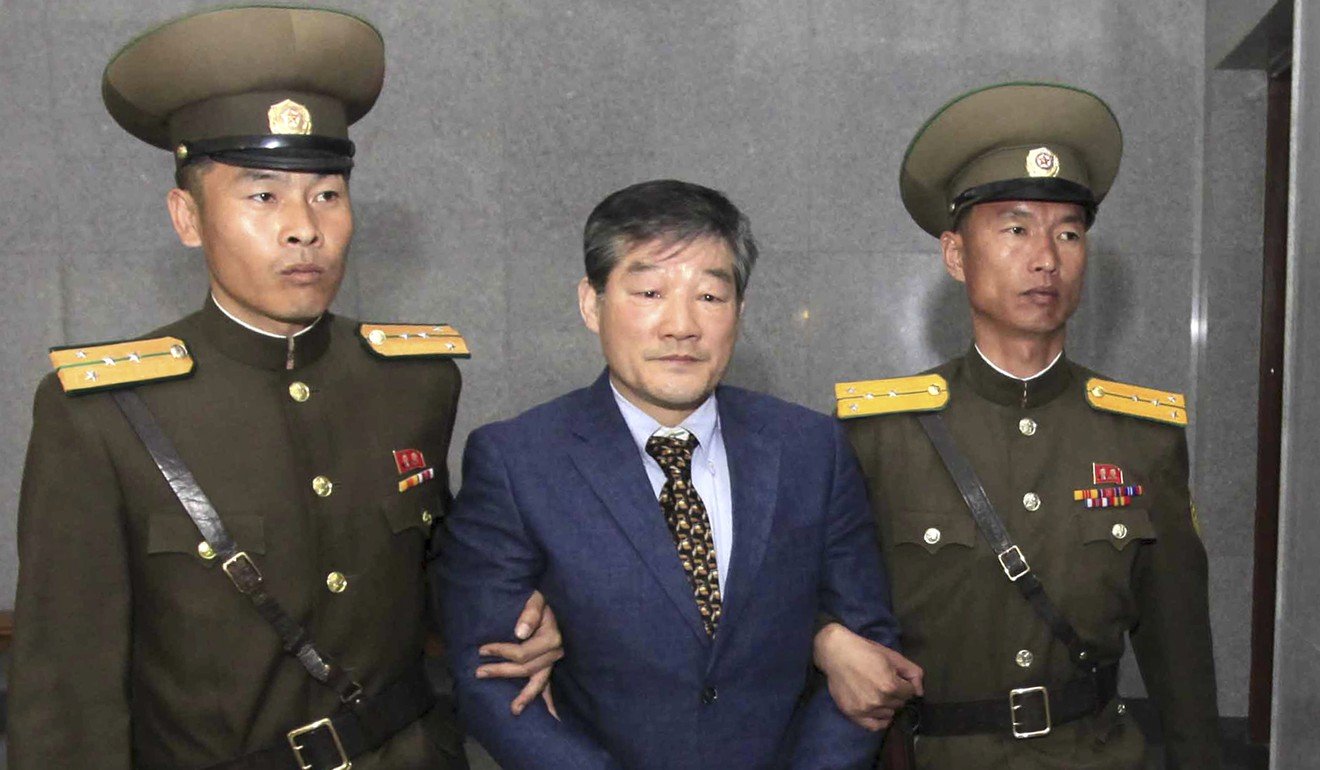
Singapore’s Trump-Kim summit: North Korea wins first round 3-2
Pyongyang is top goal scorer in the warm-up to the Singapore match-up, having undermined sanctions, gained respect and proved a point about nuclear weapons. But there’s everything still to play for
WATCH: Trump confirms Singapore summit with Kim on June 12
Trump-Kim summit venue? Security tightens near Shangri-La Hotel
Kim’s biggest success this year was getting the meeting with Trump. And he may have achieved this under false pretences.
WATCH: Singapore summit back on: is Trump ignoring Kim’s history?
US policy since the Obama Administration was that Washington would not negotiate with North Korea unless the Pyongyang government agreed beforehand the topic would be denuclearisation. The negotiation would be over the price America would pay North Korea to give up its missiles and nuclear bombs. No negotiations occurred because Pyongyang repeatedly said it would never yield its nuclear weapons, or would do so only if America denuclearised first.
Trump-Kim summit: White House confirms leaders will meet on resort island of Sentosa
It wasn’t a departure from this policy for Trump to agree to meet Kim. Trump made that announcement after hearing from South Korean intermediaries that Kim was “committed to denuclearisation”, which met the US pre-condition. What was unconventional about Trump’s snap agreement to a summit was the reversal of the usual process, in which the top leaders meet only after their subordinates have hammered out a detailed and mutually acceptable deal.
Since then, however, Pyongyang has appeared less willing to denuclearise than the South Korean intermediaries indicated. Subsequent North Korean statements used the phrase “denuclearisation of the Korean peninsula”, which has long been shorthand for North Korea’s demand that the US-South Korea alliance must end before the North gives up its nuclear weapons.

13 more problems for Trump-Kim summit: North Korean defectors
Trump reportedly hoped to bring about the total dismantling of North Korea’s nuclear missile project by the end of his first term, but more recently he has tried to lower expectations, saying “I never said it goes in one meeting. I think it’s going to be a process”, and “I told them today, ‘Take your time … We can go slowly’.” After his National Security Adviser John Bolton said the US would insist on complete North Korean denuclearisation before making any concessions, Trump disavowed Bolton’s statement.


America, too, has benefited from the pre-summit thaw, but not as much as Pyongyang. First, the three US citizens detained by North Korea are now home. Second, the self-imposed moratorium on missile and nuclear explosion tests has interrupted North Korea’s march toward deploying a credible nuclear missile capability. Without further testing, North Korea remains a “virtual” rather than a demonstrated nuclear weapons state. So that is two successes for the US – one large and one small.
Of course, even though Pyongyang gained more in the pre-summit period, this might matter little a few months from now. If the summit proves to be the first step in a substantial and permanent improvement in US-North Korea relations, both countries and the region as a whole will have won big. If the summit leads to no breakthrough and Washington again grows frustrated, the Kim regime could quickly find itself again under threat of a preventive military strike. ■
Denny Roy is a senior fellow at the East-West Centre in Honolulu, Hawaii

